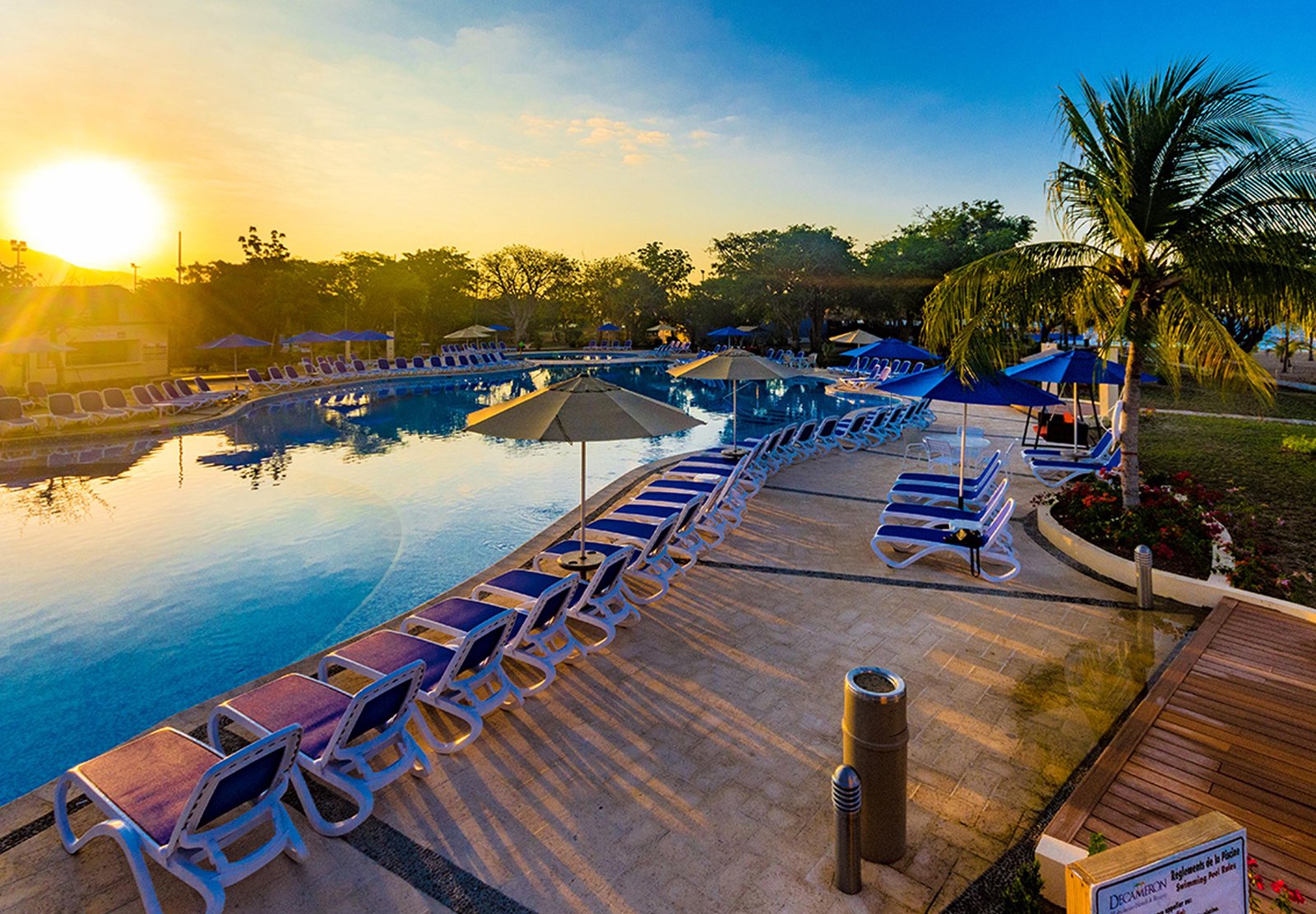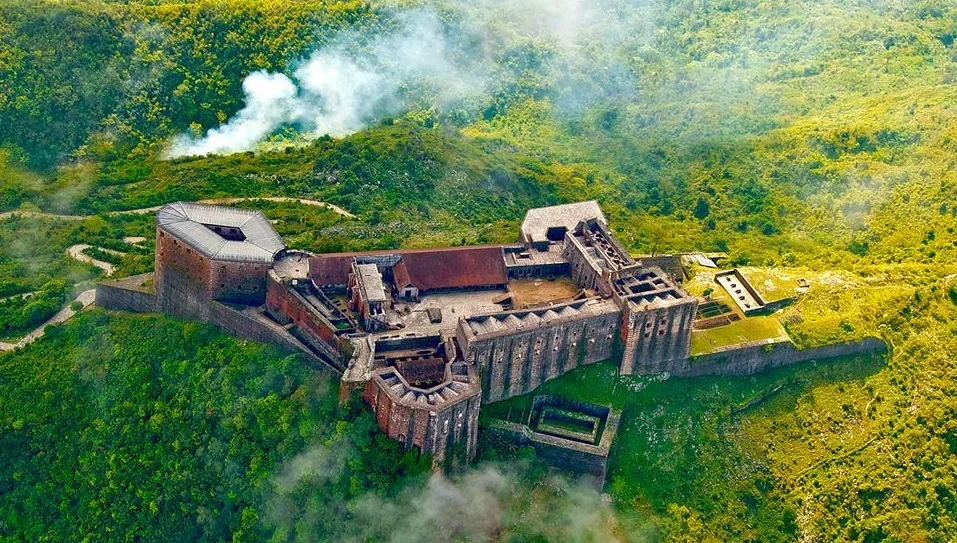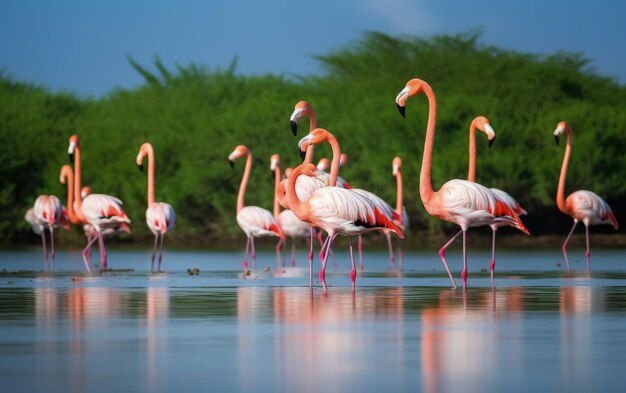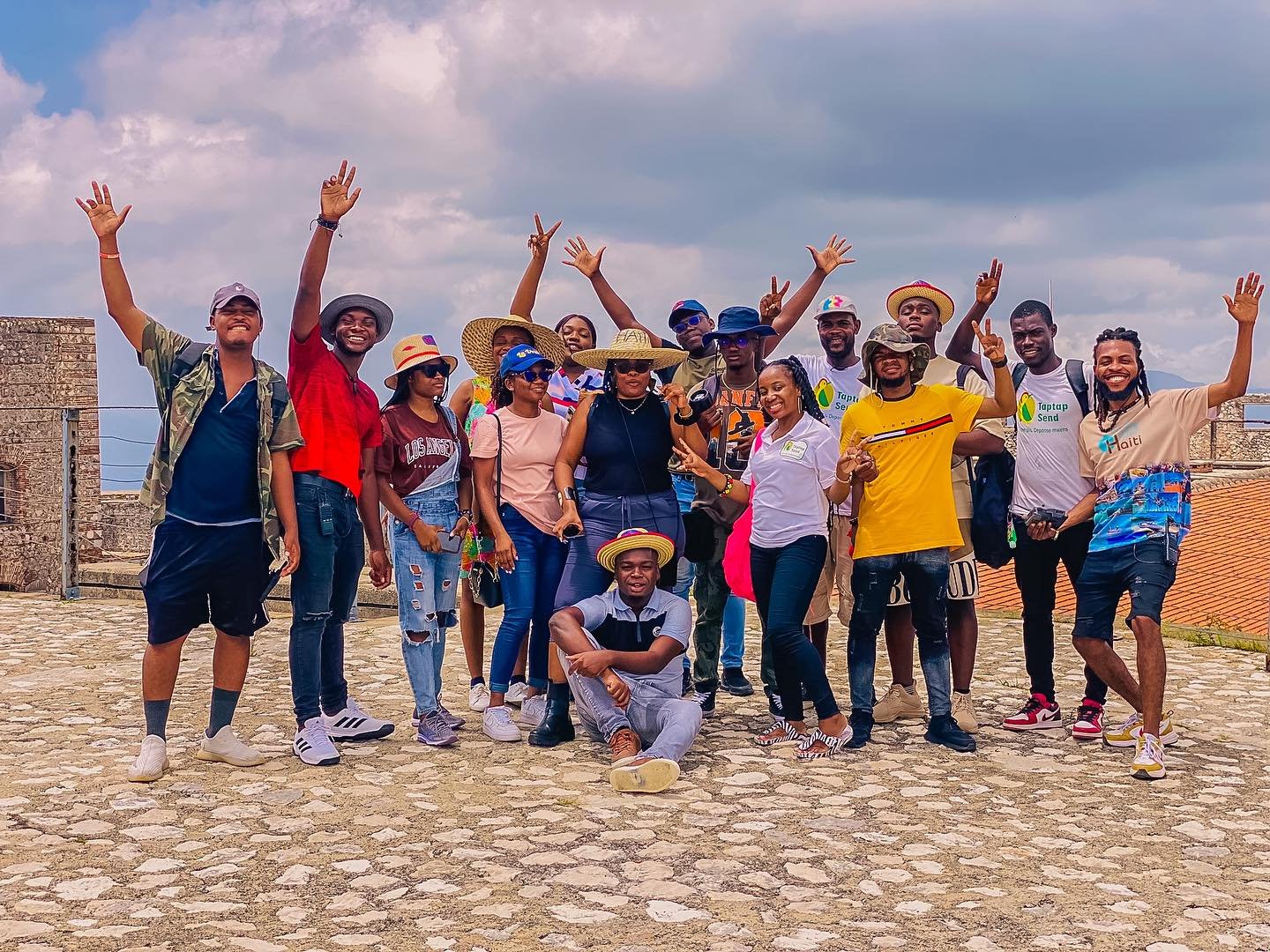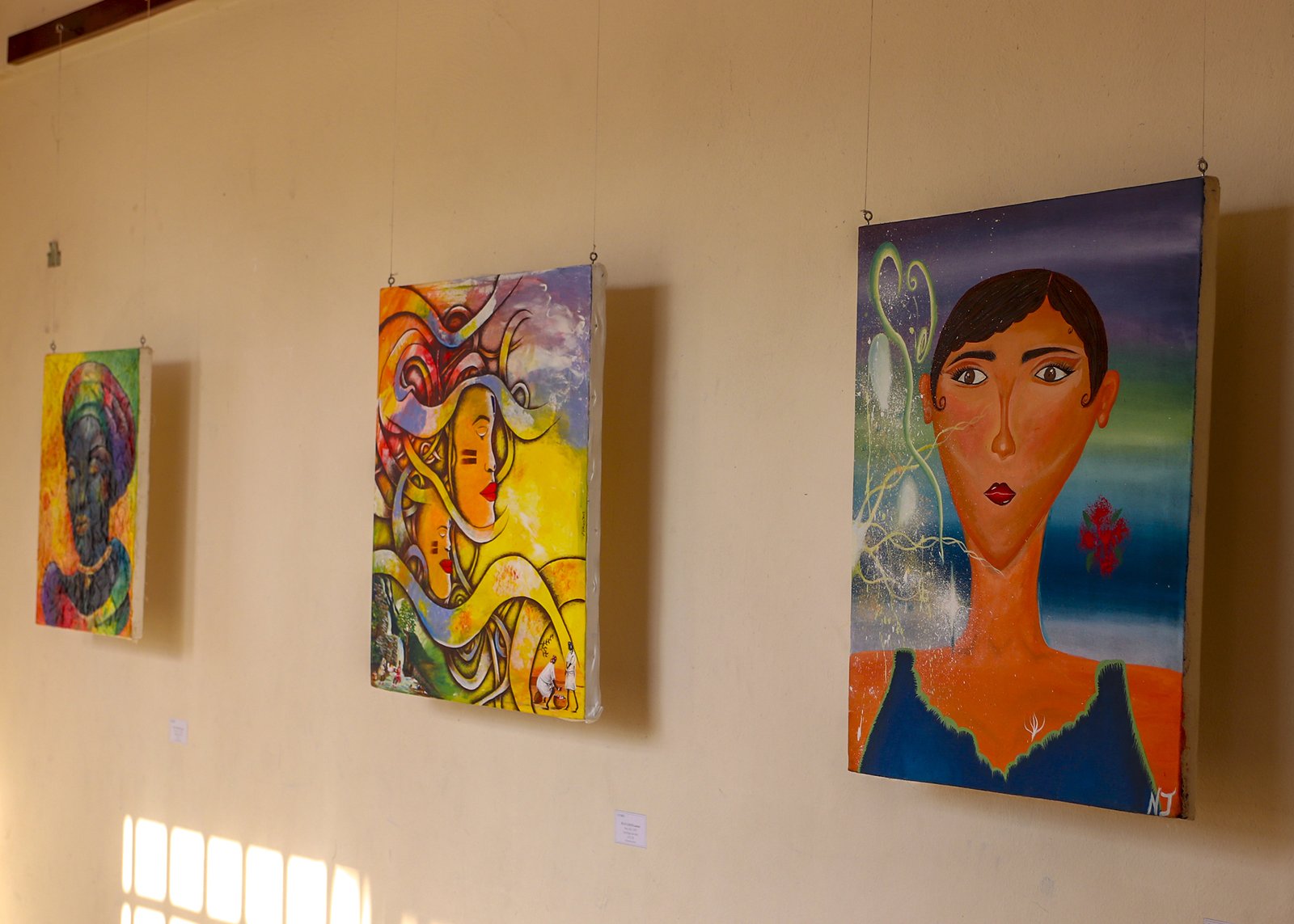Carrefour | Kwen Pawòl Lib : vers la 19 sortie
Kwen Pawòl Lib se prépare à entamer la nouvelle année en beauté. La dix-neuvième sortie, première de l’année, est prévue ce jeudi 9 janvier 2025 à 16h30 au Caroline Bar, Mon Repos 38, Carrefour.
Cette initiative socio-culturelle, qui vise à rassembler des personnes de tous âges, offre un espace de dialogue où les participants peuvent échanger et réfléchir sur des sujets et problématiques sociétales, environnementales etc.
Voir Aussi
Pour cette édition, Kwen Pawòl Lib aura l’honneur d’accueillir un intervenant de marque : Gutenberg Destin. Psychologue de formation, Gutenberg Destin est l’un des instigateurs de Ribanbèl Timoun, un espace dédié au bien-être et à la détente des enfants. Sensibilisé aux enjeux environnementaux, il poursuit actuellement des études en géographie à l’Institut Universitaire des Sciences et anime de nombreuses formations pour des institutions nationales et internationales, dont l’UNESCO, sur la gestion des risques et des catastrophes.
Aux côtés de Jean Rony Charles, qui va modérer ce 19e numéro, la discussion portera sur le thème : « Les catastrophes naturelles n’existent pas... ». Cette rencontre promet d’être riche et essentielle, surtout dans un contexte où Haïti figure parmi les pays les plus vulnérables face aux défis environnementaux.
Soyez nombreux !
Auteur: Estriplet Millor
Restitution de l’atelier de création de contenus: Carrefour, l’envers du décor.
Lire l'article en :























